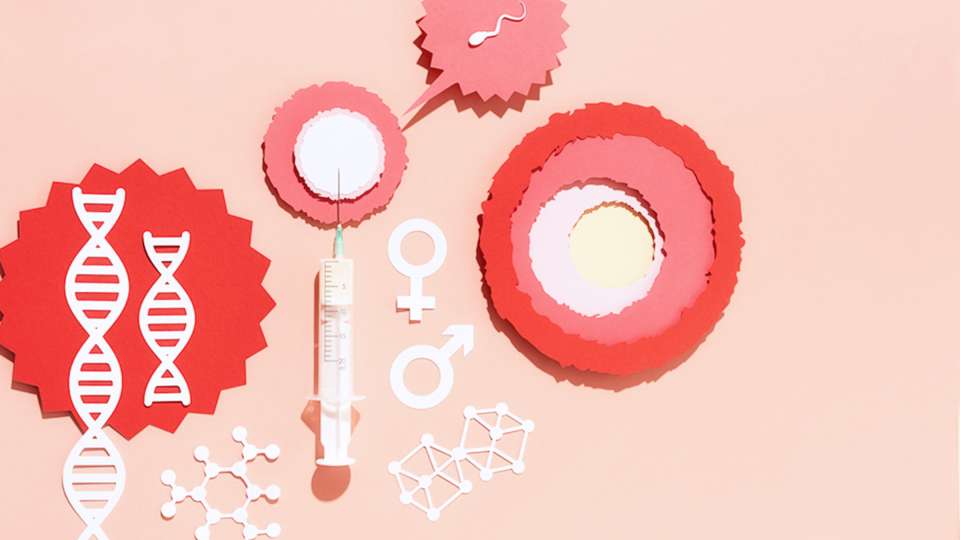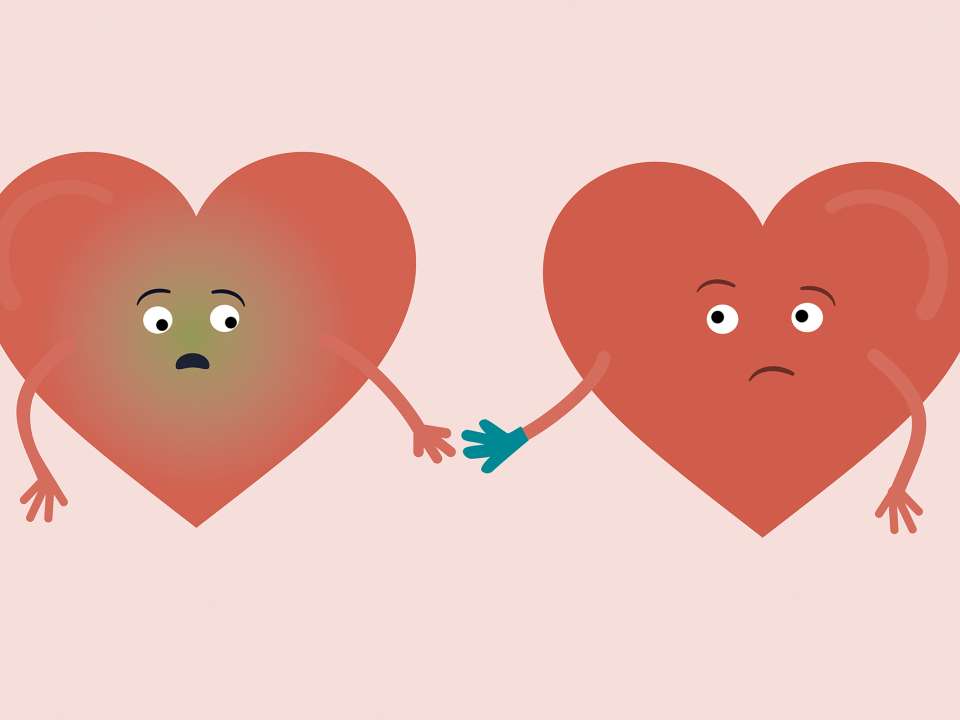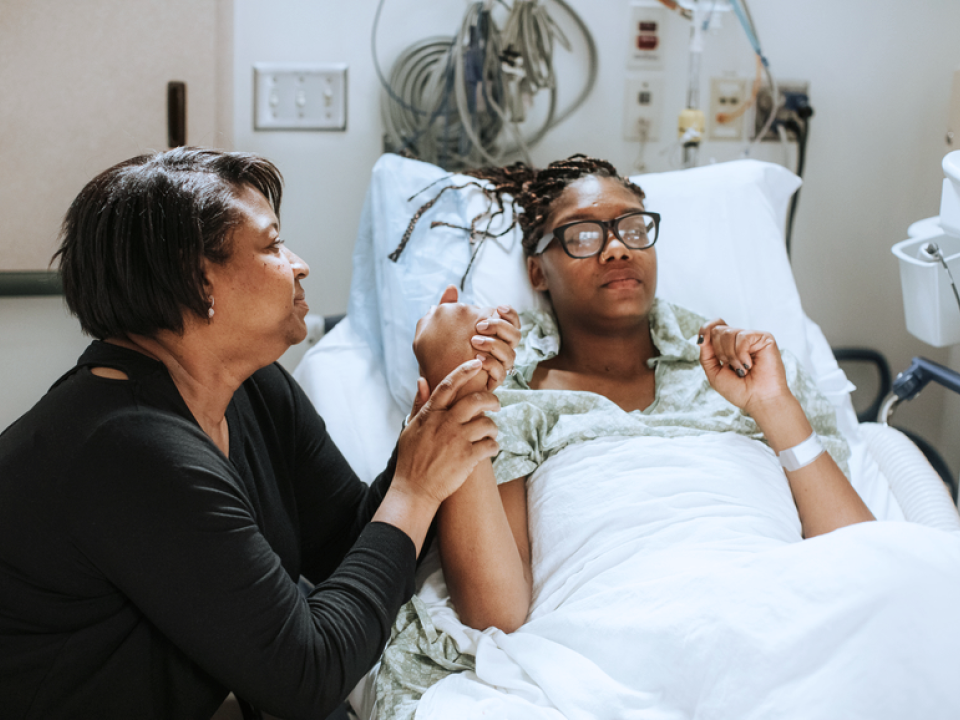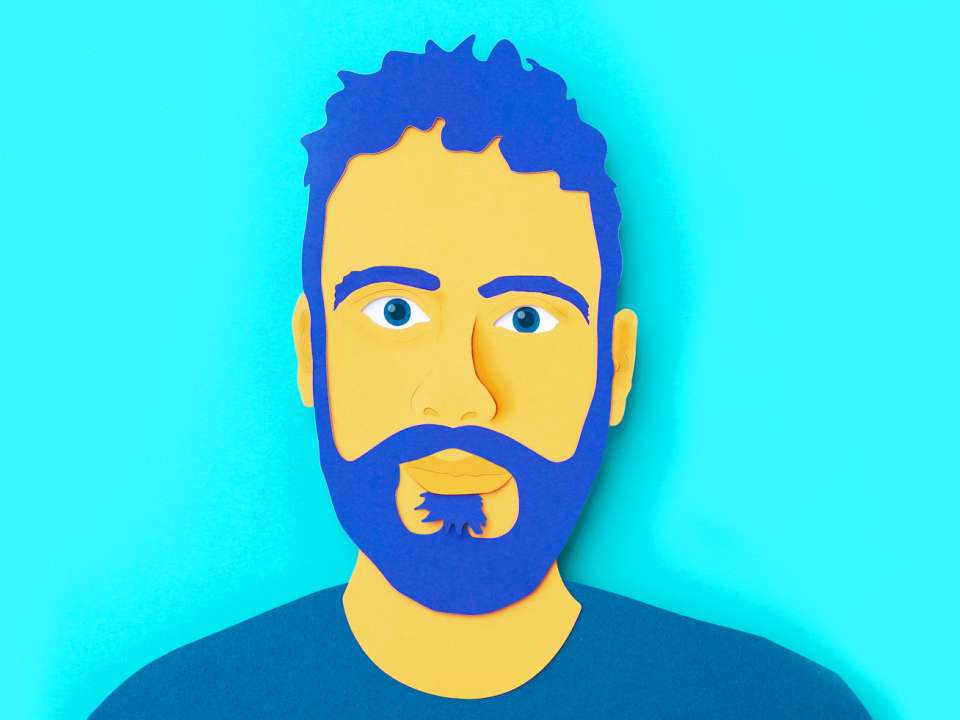
Deciding to have a baby is a deeply personal choice — and one that many people in the U.S. are making later in life.
As of 2019, the birth rate of women 35-44 had increased, and the average age of first-time mothers in the U.S. was 27, a number that has steadily risen over the past decade.
Yet many people in their 30s and beyond, women in particular, are still met with an onslaught of judgement and shaming.
“One of the things I like to really stress with patients is the autonomy to make their own decisions, to not feel shamed or pressured to make certain decisions from their provider or friends or family,” says Dr. Alson Burke, an OB-GYN who sees patients at Harborview Medical Center.
To help you make the best decision for you, Burke debunks common myths about age and fertility.
MYTH 1: Women are no longer fertile after 35
Women and people assigned female at birth are often told that age 35 is a fertility cliff, but the reality isn’t quite so straightforward.
The reproductive lifespan starts with someone’s first period and ends at about 50 years old, Burke says. Though some can have spontaneous pregnancies after 50, the majority will no longer be able to conceive.
Age 35 gets so much buzz because fertility starts to decline significantly in a woman’s mid-30s. Women and people assigned female are born with all of the eggs they will have for their entire life, roughly 2 million. Over time, these cells are shed in ovulation or die in cell apoptosis, the body’s way of removing damaged or unwanted cells.
However, this doesn’t mean you automatically run out of eggs on your 35th birthday.
Contrary to the fertility cliff myth, there is no universal age that marks the end of fertility. Moreover, the idea that fertility ends at age 35 is based in part on outdated data that doesn’t account for environmental factors like improved nutrition and lifestyle that aid one’s ability to conceive.
A recent 2021 study found the average reproductive life span for women has increased from 35 to 37.1 years old (though Burke notes this too has more to do with environmental factors and decisions to delay pregnancy than a change in reproductive physiology).
Basically, scientists still have a lot to learn about how and when fertility declines. What we do know is women are choosing to have children later in life and can do so because humans live longer, healthier lives than they did in the past and because of medical advances, like the ability to freeze one’s eggs.
“Don’t change your life plan or feel pressured to start your family because you’re 34,” Burke says. “We’ve found many patients have healthy babies and healthy, normal pregnancies after 35.”
MYTH 2: Age is the only factor that affects female fertility
While it’s common to hear about age, there are three additional factors that contribute to fertility in people assigned female.
The first is whether you have viable eggs, or an ovarian reserve, and the ability to ovulate.
Ovulation is the process through which your body releases eggs, and it typically occurs 14 days prior to the start of your period. For people who have the classic 28-day cycle, this means 12 opportunities to get pregnant each year.
Certain disorders, such as polycystic ovary syndrome (PCOS) and premature ovarian failure, result in infrequent ovulation.
“For some people who experience this irregularity, there is not only fewer chances in a calendar year to conceive, but it’s also hard to predict when their fertile period will be. This makes it harder to time intercourse for the best chance to conceive,” Burke says.
The second factor is uterine anomalies, such as polyps, fibroids, or an abnormal shaped uterus.
Polyps and fibroids can affect a fertilized egg’s ability to implant in the uterus and begin a pregnancy, while abnormal uterine shape can make it difficult to bring a pregnancy to term, Burke explains.
Finally, inflammation, narrowing or blockage of the fallopian tubes can prevent sperm from reaching released eggs.
“The tubes are the transportation highway between the egg released from the ovary and sperm moving up the reproductive tract,” Burke says. “When the tubes are blocked — or clearly in cases when someone has their tubes tied — the sperm is not able to reach the egg.”
Endometriosis, pelvic inflammatory disease, and any scar tissue from surgeries can lead to fallopian tube related infertility.
MYTH 3: Only women experience fertility problems
Unfortunately, society often assumes women are the cause of fertility problems. Case in point: A frequently asked question on the infertility pages for the Center for Disease Control and Prevention and the Office on Women’s Health is if infertility is “just a woman’s problem.”
The answer: No (but thanks for that, sexism).
“We know a little under half of infertility cases are male-related, half are female-related and then 20-30% are undiagnosed or unexplained,” Burke says.
If you are concerned about infertility, a doctor can test semen for the number, movement and shape of sperm. Your doctor can also test the uterus, fallopian tubes and ovaries through a physical exam, ultrasound and X-ray procedures.
No matter what causes infertility, the experience can bring up feelings of guilt, shame and grief — and the myth that only women face infertility issues only adds to this pain.
“In my experience, women carry the emotional toll of infertility. There’s a lot of self-blame. Whether it’s diagnosed as female infertility or not, they carry this heavy burden,” Burke says.
If you are experiencing infertility, try to remember you aren’t alone — roughly 1 in 8 couples experience infertility — and regardless of what physiological factor is causing problems, you and your partner aren’t at fault.
MYTH 4: It’s better to have kids when you’re young
The idea that it’s better to have kids in your 20s or early 30s is an opinion (not a capital-T truth). While some may prefer to have kids at a younger age, there isn’t one “right” age — or age range — to have kids.
So, how does trying to have kids in your 20s and 30s compare? Let’s look at the facts.
Because the number of eggs you have declines throughout your life, your fertility will decrease as you age.
Pregnancy in your 30s and older is associated with risks like preterm delivery, gestational diabetes, hypertension, preeclampsia and fetal growth restriction, Burke notes. The rates of genetic abnormalities also increase as you age.
“Some of these complications happen more sporadically in younger patients, and more risk is involved as patients get older,” Burke says.
On the flipside, people who wait to get pregnant until later in life may choose to grow their careers, complete higher education or other aspirations, and build job security.
In fact, many millennials are delaying having children due to the cost of raising a child and the desire to earn a higher salary before having children — a fact that makes sense as women face negative financial and career effects as a result of having children, dubbed the “motherhood wage penalty.”
The reality is if you decide to have children, there will be various risks and benefits involved no matter your age.
If you decide to get pregnant later in life, there are medical facilities and treatments that can help keep you and your baby safe.
“At UW Medicine, we have a huge group of high-risk OB specialists who can intervene to keep patients as healthy as possible,” Burke says. “If we do hit a bump in the road, we work together to best care for patients and their pregnancies.”
If you know ahead of time that you want to wait to get pregnant, fertility treatment options include gamete or embryo harvesting and freezing your eggs. Technologies like IVF and medications that stimulate ovaries can help women and people assigned female at birth get pregnant in their 30s and 40s. And donor eggs or donor embryos are also an option.
As for ensuring as safe of a pregnancy as possible, people over 35 receive non-stress testing at about 36 weeks, in which your doctor monitors the fetal heart rate to assure your pregnancy is going well and decrease the risk of stillbirth. Those over 35 also qualify for genetic screening, which provides information on if the pregnancy is considered chromosomally normal.
“We are all going to build families at different times, and how we build families is going to be different, and that’s OK. At UW Medicine, we are here to support people in that process,” Burke says.
Ultimately, you get to decide if and when to conceive. So, the best age to have kids? Only you can answer that.

 Healthy ideas for your inbox
Healthy ideas for your inbox





